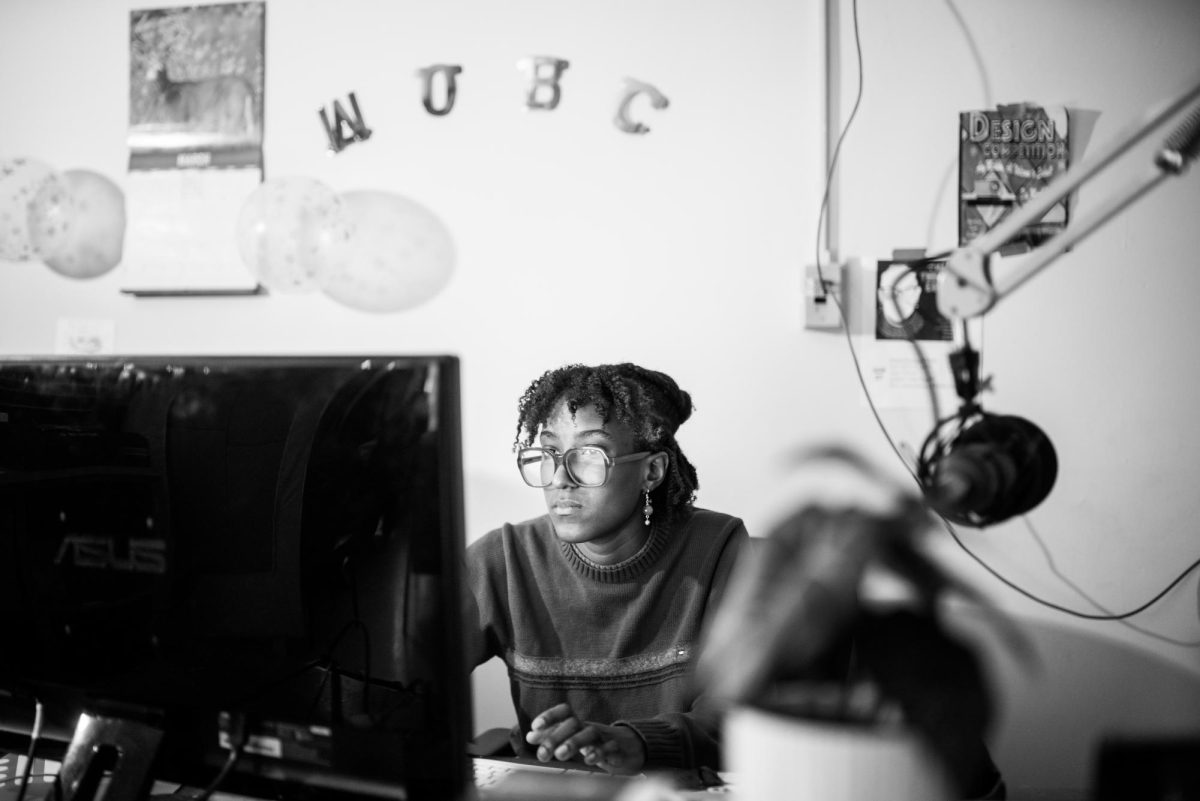A couple of weeks into my first year, I sat in a circle with my workshop group for my first-ever collegiate Creative Writing course — Introduction to Fiction Writing. We timidly muttered compliments about each other’s pieces; soft smiles sat on our lips as we nodded along to the tenth consecutive compliment of the session.
“You guys need to be more critical of each other’s pieces,” our TA sighed, breaking the cycle of hesitant agreement.
From that day on, our workshop looked very different. We still had the opportunity to talk about what we liked in each other’s pieces, but we stopped being so afraid of giving negative feedback. In this group, I grew so much as a writer, finding my weaknesses and learning from the people who succeeded in areas that I found lacking in my own writing. The honest culture cultivated by our TA allowed me to develop friendships with people whom I trust to this day to critique my work.
Ironically, as I have taken higher-level classes, I have been consistently disappointed by the lack of honest critique. Even in 300-level workshops, critique has been largely focused on giving positive feedback and “I like” statements instead of pointing out the flaws in people’s writing, and I don’t get as much out of the workshops as I used to.
The Oberlin writing community has been a very positive space that has always made me feel welcome to share my work and ideas. However, the overly nice culture fails to leave space for honest criticism and subsequent growth. In many of my workshops, I have repeatedly had to ask for criticism, begging the people in my group to tell me what they think does not work. Even when I look over the written feedback I receive, I often find myself hunting for more information on where I can improve.
People need to be more comfortable with pointing out and exploring their negative opinions about their peers’ writing. I come into class with the assumption that everyone in the workshop is at least a decent writer, and I assume everyone else thinks the same thing. I personally do not see detailed or negative comments as a disrespectful thing, but instead as a show of care for me and my work. If the less favorable aspects of the work are ignored, a workshop is rendered useless. Outside perspectives are necessary to help creatives like myself find new areas where their stories could be improved.
Specific critiques are the best way to bring up grievances with a work, given they are communicated kindly and respectfully. I have a rule of only bringing things up in workshop discussion if I have a solution in mind, and I only write about my unresolved grievances in workshop comments. Although this approach works for me, I believe workshoppers should find their own ways of bringing up the aspects of a story they think need improving.
I think the workshop environment is hindered by a fear of judgment. The fear of being perceived as the bad guy can cause workshoppers to withhold critical information. For those that worry about coming off as mean in a workshop, I personally have made some very good friends from workshops where they critiqued me. I appreciate it when someone is able to tell me honestly what they think about my writing, and I tend to go back to them later for more advice. The workshop environment should desensitize writers to both critique and rejection, preparing students for the real world. I assume my fellow Creative Writing majors intend on pursuing writing professionally; it is important to get used to criticism and potential rejection. This is important even for my peers outside of the Creative Writing department, as criticism is a constant.
Everyone has room for improvement. Writers bring their pieces to workshops knowing that they are incomplete. Class time is set aside for workshops to help the writer find ways to complete their pieces and make them better. It’s frustrating leaving a workshop more confused about your piece than you were before, and even more so when doing end-of-semester edits. I am disappointed by the limited and unhelpful workshop culture at Oberlin, an institution with a prestigious Creative Writing program that should do better.








